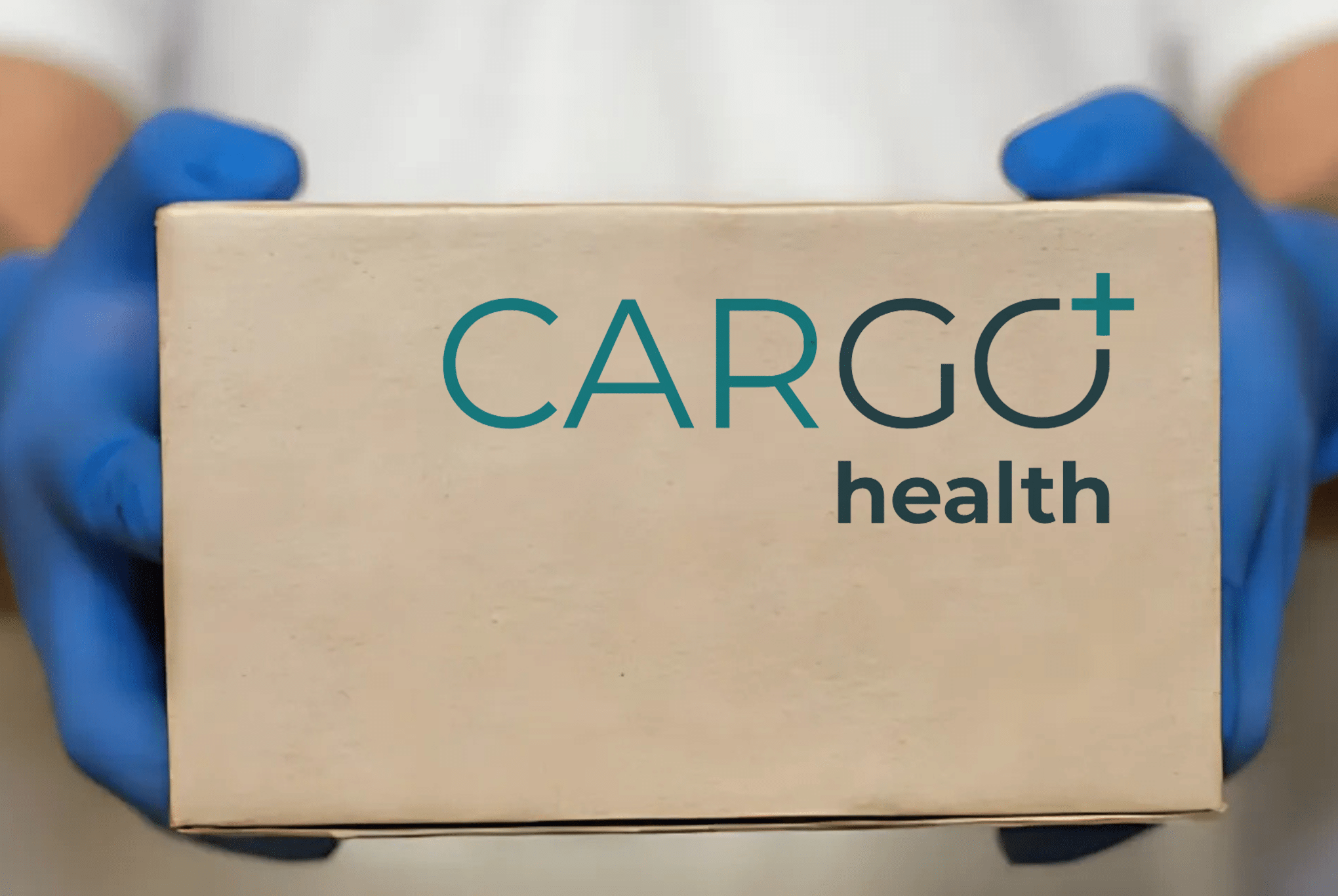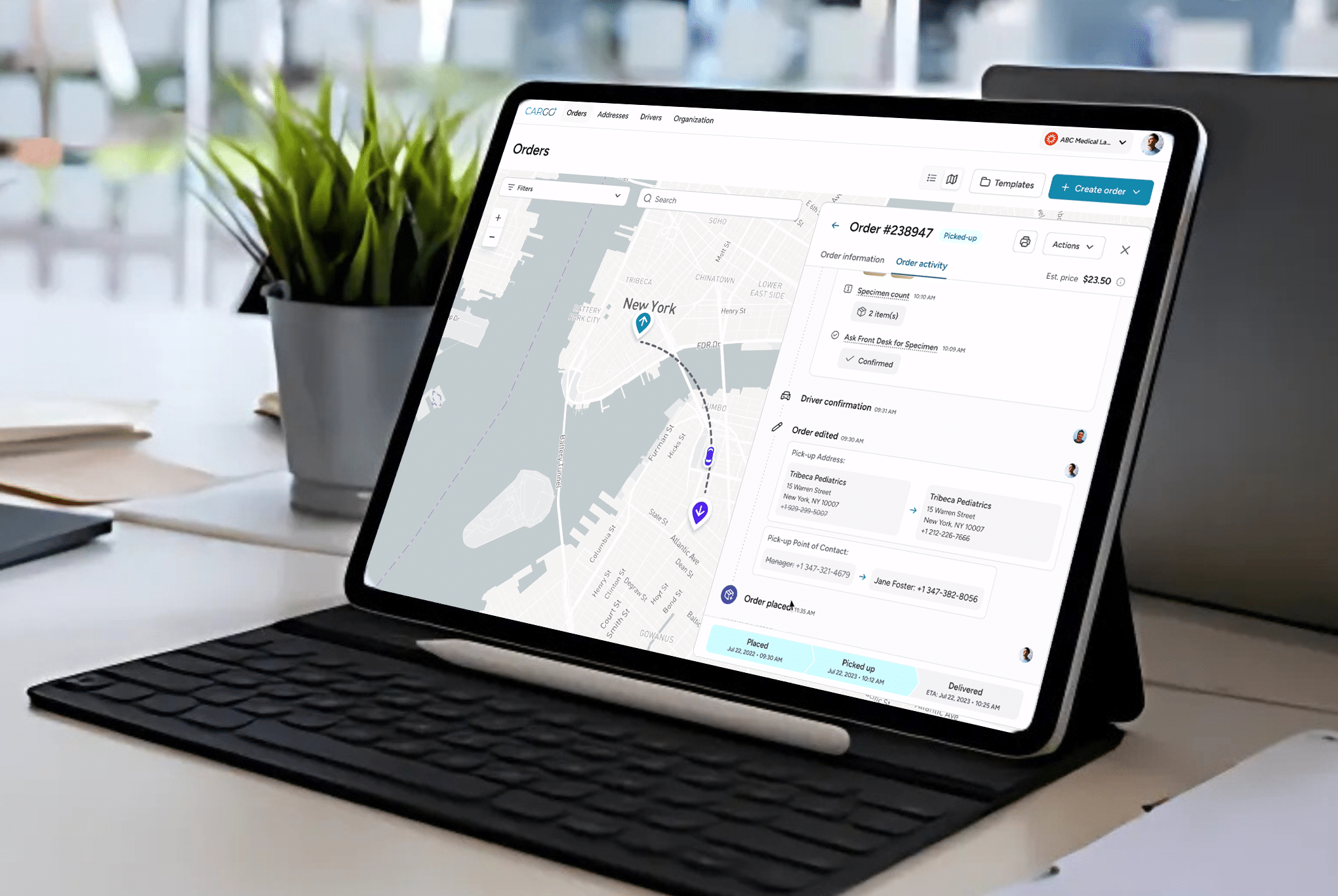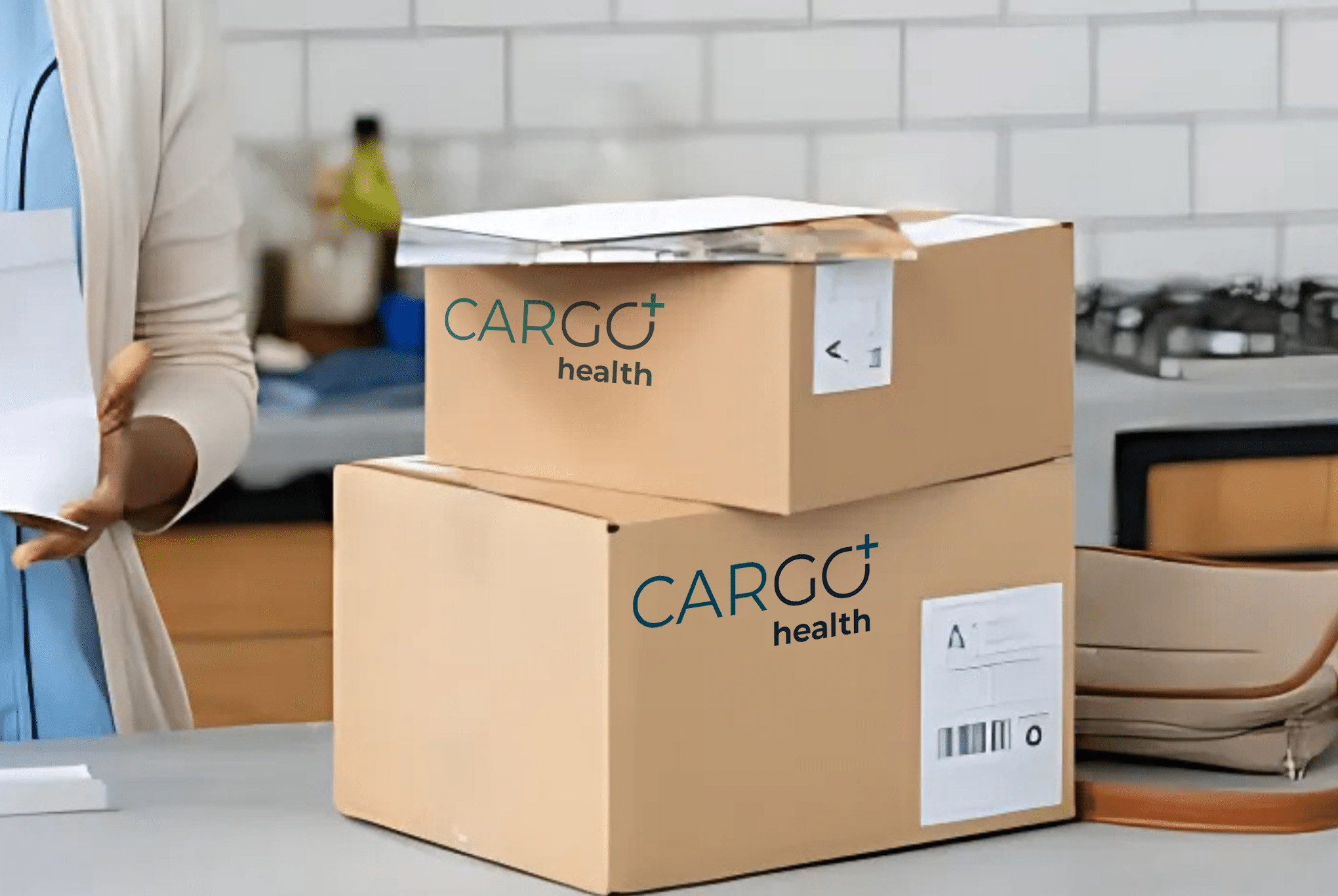Navigating the Challenges: Medical Deliveries in Rural vs. Urban Settings
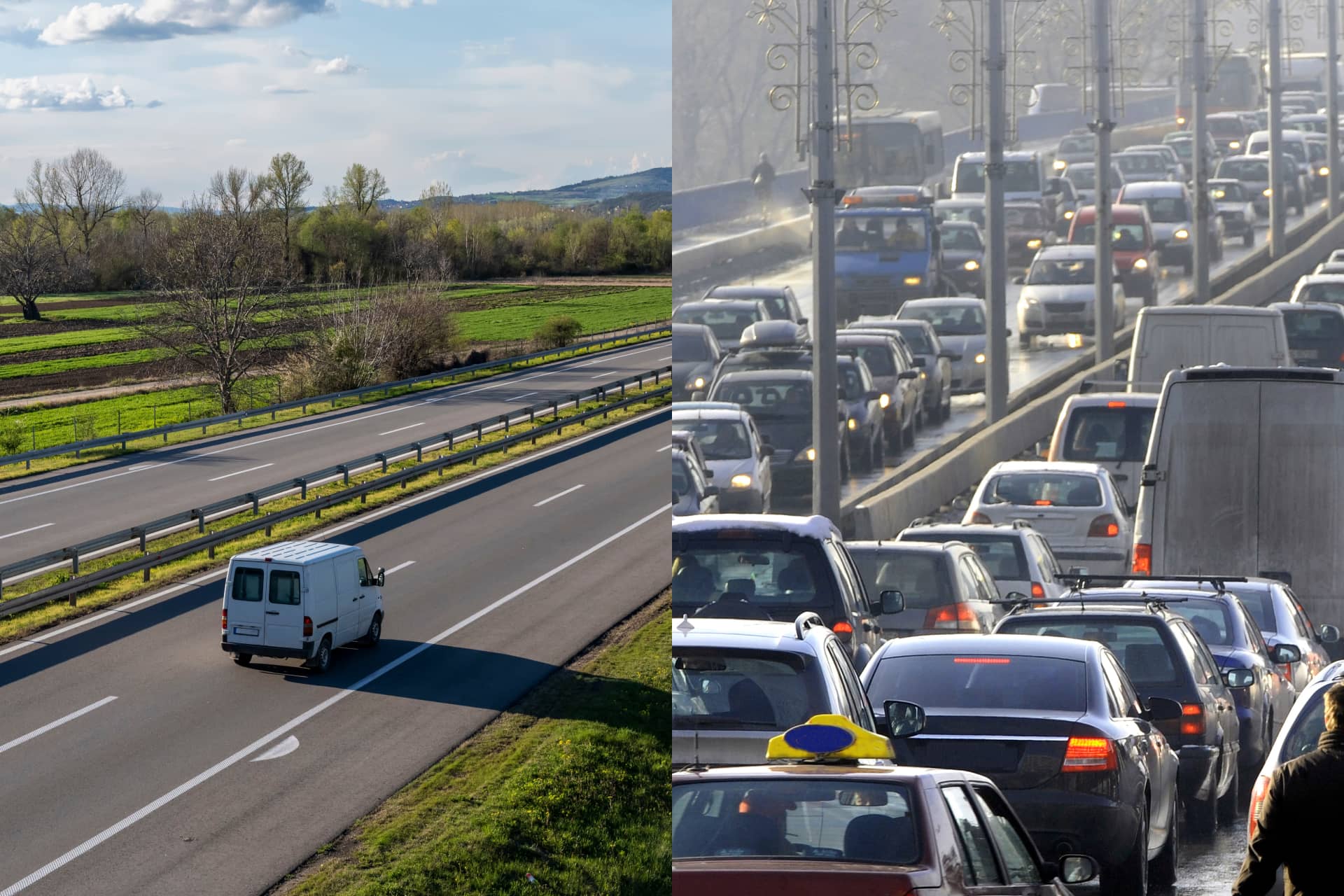
The realm of medical deliveries represents a critical juncture in modern healthcare systems, bridging the gap between medical supplies and the end-users – patients and healthcare providers. The efficiency, reliability, and safety of these deliveries are paramount, particularly as they often involve life-saving medications and essential medical supplies. This article delves into the intricate dynamics of medical deliveries, contrasting the unique challenges and solutions in rural versus urban settings.
In urban areas, the density of healthcare facilities and patients creates a complex logistical landscape. Here, medical couriers navigate through congested streets, stringent time frames, and diverse healthcare infrastructures. Contrarily, rural settings pose a different set of challenges: vast distances, limited healthcare resources, and often challenging terrains. Understanding these differences is key for medical courier services aiming to optimize their operations and ensure timely, safe delivery of medical goods.
Understanding the Landscape
Rural Settings
Rural landscapes are often characterized by their sprawling, sparsely populated areas, which present unique logistical hurdles for medical deliveries. The vast distances between healthcare facilities and patients can significantly extend delivery times, complicating urgent medical shipments. Additionally, rural areas frequently suffer from a scarcity of healthcare resources and professionals, making the efficient delivery of medical supplies even more critical. Navigating these challenges requires an intimate understanding of the geographical and demographic peculiarities of these regions.
Urban Settings
In contrast, urban settings are marked by their high-density populations and a plethora of healthcare facilities. While this may seem advantageous, it introduces its own set of complexities. Navigating through bustling city streets, dealing with traffic congestion, and finding parking near healthcare facilities are just a few of the logistical nightmares couriers face in urban environments. Furthermore, the higher demand for medical supplies in these areas calls for more sophisticated delivery systems to manage the volume and diversity of medical deliveries.
Key Challenges in Medical Deliveries
In Rural Areas
The primary challenge in rural medical deliveries lies in the distances and accessibility issues. Delivering to remote areas often involves traversing poorly maintained roads or even off-road terrains, subject to harsh weather conditions. Additionally, the limited number of healthcare facilities in these areas means that each delivery holds greater significance, and any delay can have severe consequences. Rural couriers must also be adept at navigating areas with limited GPS accuracy and often rely on local knowledge for efficient delivery.
Weather and terrain considerations are particularly acute in rural medical deliveries. Adverse weather conditions, such as heavy snowfall or flooding, can make roads impassable, delaying crucial deliveries. Couriers operating in these areas must be equipped with vehicles capable of handling various terrains and weather conditions, and they need to be trained in emergency response and alternative routing strategies.
In Urban Areas
The urban courier faces a different set of challenges. High traffic congestion is the most obvious, often turning short distances into prolonged journeys. This is compounded by the limited availability of parking near medical facilities, which can cause further delays. Time-sensitive deliveries, such as those for emergency rooms or surgical procedures, require precise timing, making these delays particularly problematic.
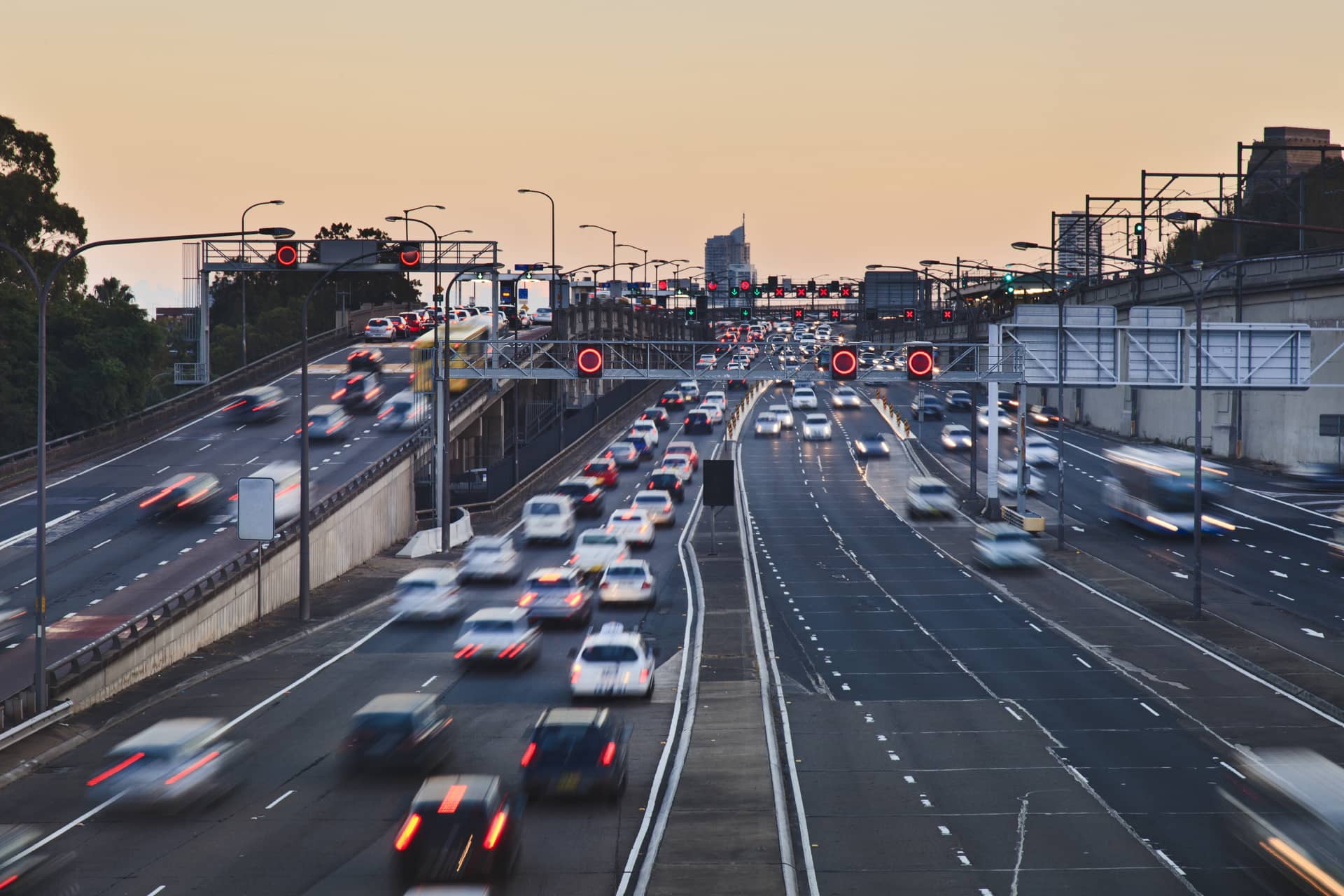
Security concerns are also heightened in urban areas. The high volume of people and the nature of the deliveries – often expensive and critical for health – necessitate strict security protocols. Couriers must be vigilant in protecting the cargo from theft or tampering, especially in areas with higher crime rates.
Technological Integration and Innovations
Digital Solutions for Efficient Routing
In both rural and urban settings, technology plays a pivotal role in optimizing delivery routes. Advanced GPS systems and digital mapping technologies enable couriers to navigate efficiently, avoiding known traffic hotspots in cities or finding the most accessible routes in rural areas. Real-time tracking systems are also crucial, not just for couriers to navigate but for healthcare providers to monitor the arrival of essential supplies.
Emerging Technologies
Emerging technologies, such as drones and autonomous vehicles, are beginning to play a role in medical deliveries. Drones, in particular, offer promising solutions for reaching remote rural areas, bypassing the challenges of road travel. Meanwhile, autonomous vehicles could revolutionize urban medical deliveries by navigating traffic more efficiently and reducing the need for parking.
AI and machine learning are increasingly being integrated into logistic systems to optimize medical deliveries. These technologies can analyze vast amounts of data to predict traffic patterns, enhance route planning, and even anticipate future delivery needs based on historical trends. This predictive capability is invaluable in both rural and urban settings for maintaining a consistent supply chain and reducing delivery times.
Regulatory and Policy Framework
Compliance with Health Regulations
In the medical courier industry, adherence to health regulations such as HIPAA (Health Insurance Portability and Accountability Act) is non-negotiable. This includes ensuring patient privacy during the transport of medical records and sensitive information. Additionally, couriers must be well-versed in regulations governing the transport of various medical materials, including pharmaceuticals, biological samples, and medical equipment, ensuring compliance with federal and state laws.
Environmental and Safety Standards
Environmental considerations are increasingly shaping policies in the medical delivery sector. Couriers must comply with emission standards for delivery vehicles, particularly in urban areas where environmental regulations are more stringent. Safety protocols for the transport of hazardous materials are equally critical, necessitating specialized training for couriers in handling and transporting these substances safely.
Case Studies and Best Practices
Rural Delivery Success Stories
In rural settings, successful medical deliveries often involve innovative approaches. Case studies of couriers using off-road vehicles, partnering with local healthcare providers, or establishing decentralized distribution centers illustrate how challenges can be transformed into efficient delivery models. These success stories highlight the importance of understanding local geography and community needs.

Urban Delivery Innovations
In urban areas, some couriers have excelled by leveraging technology and collaborative models. Examples include the use of electric bikes or scooters for quicker navigation through congested streets, or partnerships with local businesses for secure and convenient package drop-off points. These cases demonstrate the potential for creative solutions in the face of urban delivery challenges.
Future Outlook and Trends
Evolving Demands in Medical Deliveries
The landscape of medical deliveries is continuously evolving, driven by changes in healthcare demand, technological advancements, and shifts in population demographics. An analysis of current trends suggests that the future will demand even more agile and technologically sophisticated delivery solutions, both in rural and urban environments.
Anticipating Future Challenges and Opportunities
Looking ahead, the medical courier industry faces the prospect of further integrating with emerging technologies like blockchain for secure data management, advanced AI for predictive logistics, and continued exploration of drone and autonomous vehicle delivery systems. Anticipating and preparing for these changes will be crucial for couriers to remain effective and competitive.
Final Thoughts
Navigating the challenges of medical deliveries in rural versus urban settings requires a multifaceted approach, combining an understanding of the unique demands of each environment with the strategic use of technology and adherence to regulatory frameworks. Success in this field hinges on the ability to adapt and innovate, ensuring that medical supplies reach their destinations safely, efficiently, and reliably, regardless of the setting.
Embracing the Future with carGO Health
As we’ve navigated through the complex terrain of medical deliveries in various settings, it’s clear that innovation and adaptability are key. At carGO Health, we embody these principles, providing solutions that address the unique challenges of medical deliveries in both urban and rural landscapes.
Our service spectrum is comprehensive, catering to a diverse range of needs from transporting sensitive medical specimens to delivering critical medical supplies. Our clientele is as varied as our services, including but not limited to healthcare providers, pharmacies, and laboratories. The heart of our operation lies in our user-friendly platform, offering easy order placement and real-time tracking, ensuring transparency and reliability.
Whether it’s on-demand, recurring, scheduled, or routed deliveries, our approach is tailored to meet the specific requirements of each client. In an urban maze or a rural expanse, our commitment remains the same: to deliver with precision, care, and efficiency.
As the healthcare sector continues to evolve, so do we at carGO Health. We’re more than just a courier service; we’re a partner in the critical journey of healthcare delivery. Our dedication to innovation and customer service positions us to effectively meet the challenges of today and tomorrow.
Join Us on This Journey
If your operations require meticulous and reliable medical delivery services, we invite you to explore what carGO Health has to offer. Discover how our tailored solutions can streamline your medical deliveries, irrespective of your location or specific needs. Get a demo to learn more about our services and how we can work together to enhance the efficiency and reliability of your medical deliveries. With carGO Health, rest assured that each delivery is in capable hands, contributing to the vital chain of healthcare services. Contact us today for more info.



